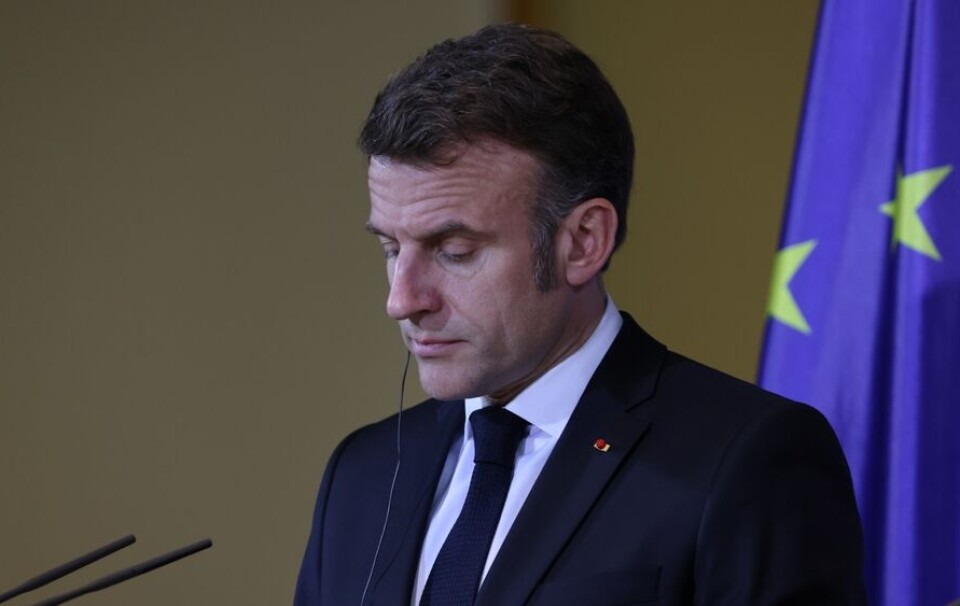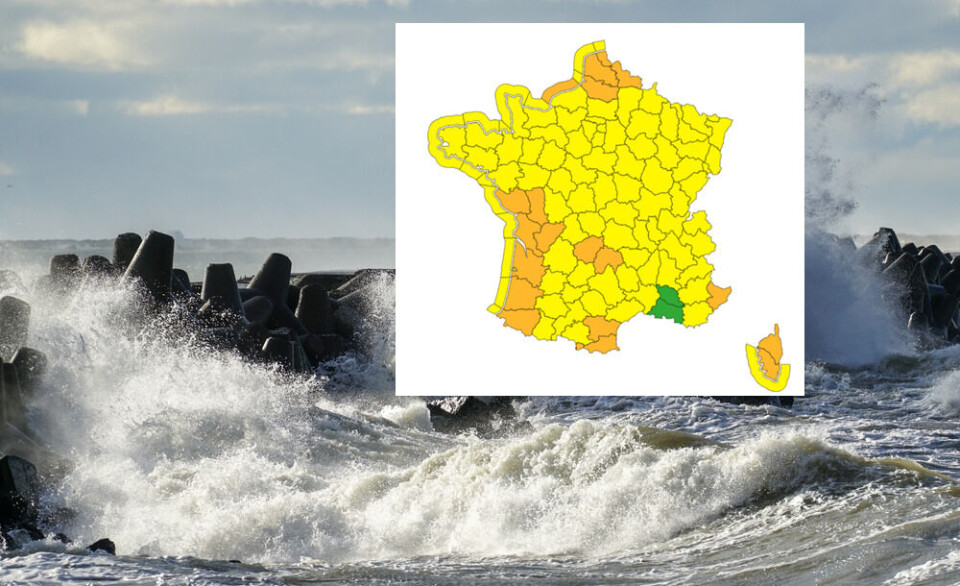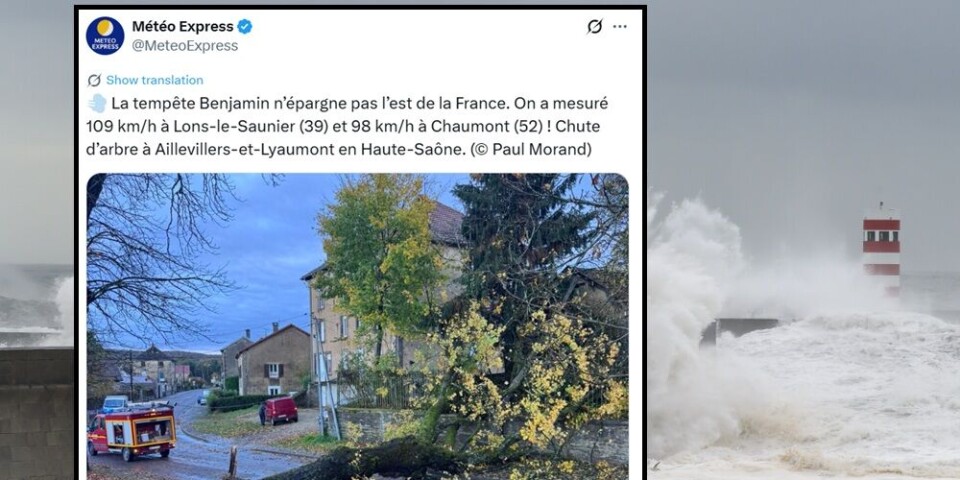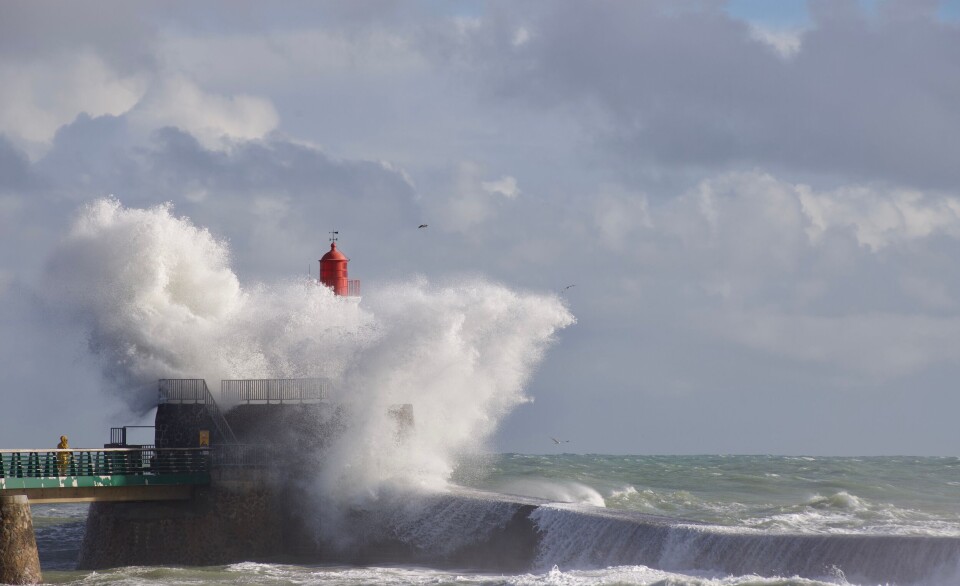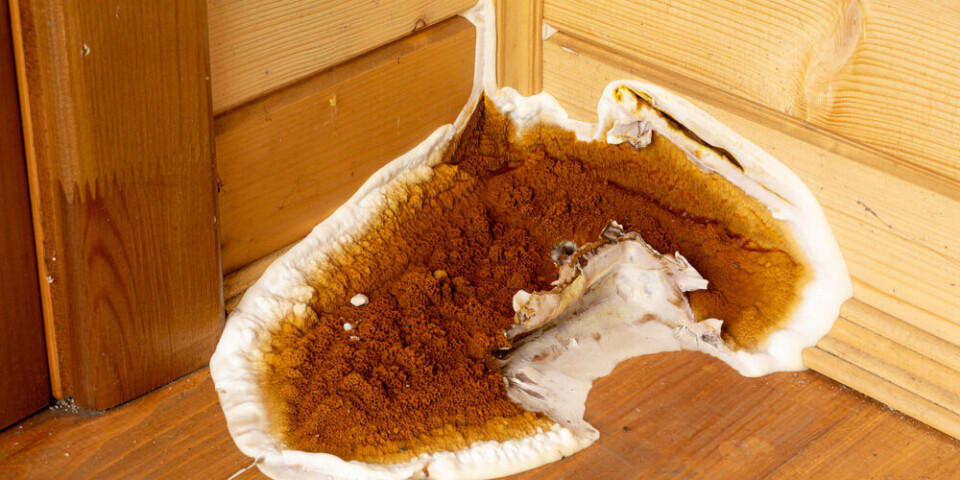Why so few forest fires this summer in France despite heatwaves?
Are existing rules on residents clearing undergrowth and other fire prevention measures having an effect?
France has – so far – avoided a repeat of last year’s devastating forest fires
Alexandros Michailidis / Shutterstock
France’s second major heatwave of the summer is coming to an end for most of the country as temperatures drop to more typical August averages.
Conditions this summer have been similar to last year, but one significant difference has been fewer major forest fires.
Some powerful fires have broken out across the south, however the damage is far less than in 2022 or 2023, when thousands of hectares of land burned and forest fires were regular occurrences.
This is in stark contrast to other countries in the Mediterranean, noticeably Greece and Italy, which continue to face devastating blazes this summer.
There are three main reasons for this in France: the (marginally) more mellow summer conditions, the rainfall of spring, and the government’s focus on preventing fires.
Temperatures and weather patterns have contributed to fewer blazes
A combination of three weather effects – high temperatures, drought conditions, and strong winds – cause forest fires to spread rapidly and so far this year France has mainly avoided the first two.
Despite July temperatures being higher than average there were few days when the heat was excessive.
Whilst temperatures briefly reached these levels – and have also done so in August – they have quickly dropped back to more average levels, reducing the risk of fires.
Extreme temperatures dry out vegetation and trees meaning fires can spread rapidly. At lower temperatures, they are less likely to spread so quickly, giving firefighters more time to tackle a blaze.
The two previous summers saw France battling with severe drought conditions, with water tables in critical condition across the country.
This not only led to water shortages, but also to soil and vegetation being extremely dry – and so more easily set alight.
However, autumn 2023 and spring 2024 saw plentiful rainfall across almost all of France, an exception being parts of the south near the Pyrénées, not only refilling reservoirs but replenishing soils.
It means “superficial layers [soil, plants, weeds etc] of the ground are not experiencing drought conditions,” said scientist Cathy Clerbaux to Le Figaro.
With a base level of moisture it is harder for the ground to set alight.
Focus on forest fire prevention
Finally, the state has taken a more active role in attempting to limit the spread of forest fires.
Last year saw the introduction of the Météo des Forêts, a daily map showing the risks of forest fires in departments across France.
This is run by state forecaster Météo France, and allows members of the public and firefighters to plan which areas to avoid (or send more resources).
Read more: How does France's wildfire risk forecast work? Where can I see it?
A plan to tackle forest fires was released last year, providing local government with steps on how to reduce blazes.
Rules on clearing undergrowth in homes, and more severe punishments for those who start fires in summer, may have also helped.
Read more: Checks, fines, help: rules for clearing undergrowth around French home
Prudence is required as there is still a risk of fires this summer
However France is still in the midst of an extremely warm summer.
Storms are continuing to bring rainfall to many areas of France, however in parts of the south, near the Mediterranean, elevated forest fire warnings have remained in place for weeks, with local prefectures closing off public access to many forests.
Any further heatwaves this summer could see forest fires.
Numerous media reports also state that, despite on-the-ground support from firefighters, aerial equipment to fight fires (including water-bombing planes) are missing in France.
Only three of the 12 Canadair water planes used to tackle blazes are currently operational, according to Le Figaro, meaning a bout of successive fires would put strain on these services.









